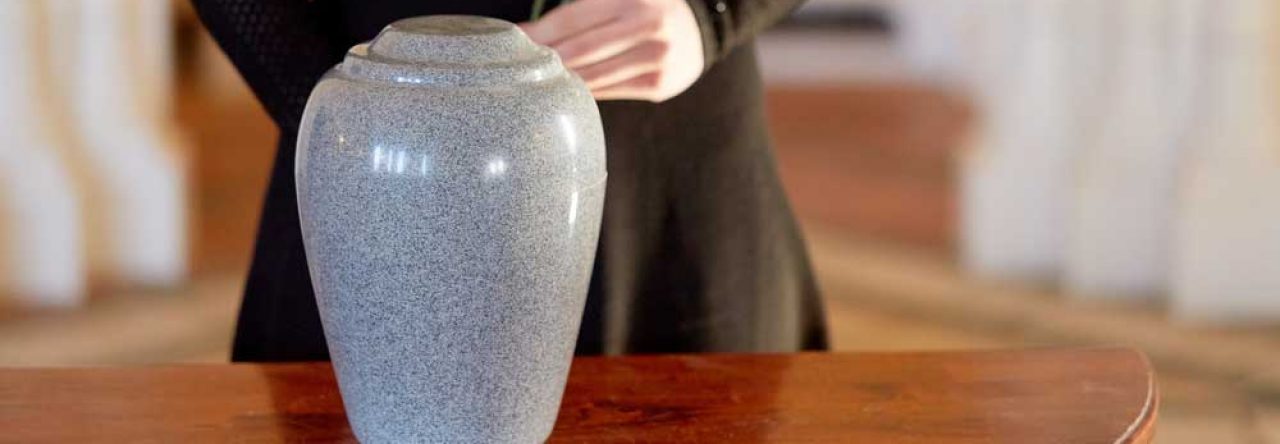Today we know that there are many different factors involved in the success of dental implants and osseointegration in general. Some of the most important factors are:
– The biocompatibility of the implant material – Titanium is a good material not so much because the body likes it, but because the body does not reject it. It does not tend to corrode like stainless steel. Biocompatibility is both a short-term and long-term consideration.
– The implant surface: This continues to be one of the most researched areas to determine which coatings should be used in dental fixtures in East Bentleigh and how porous they should be to achieve the best osseointegration and long-term result.

Image source: Google
– The condition of the recipient bone tissue – Good bone health and good oral health in general have long been recognized as crucial factors for the success of dental implants. For this reason, bone grafts and restorations often precede the implant process when the recipient tissue is not in good condition.
– The surgical method of the implant – It is very important how and when the bone and surrounding tissue are surgically prepared to receive the implant. Excessive damage and disruption of bone tissue can decrease success rates. The topic of how many preparation steps are required to achieve the greatest success is also the subject of recent research, as one-step implant products/processes emerge.
– The load on the implant – Research is also continuing on the influence of the load (force) on the implant. The direction of the load is important and will vary depending on the position in the mouth.
Disruptive loading often leads to bone loss and eventually loss of dental implant stability. All aspects of loading, including whether it can or should be immediate, intermediate, or delayed for certain conditions, are still being explored in greater detail for their influence on successful outcomes.
